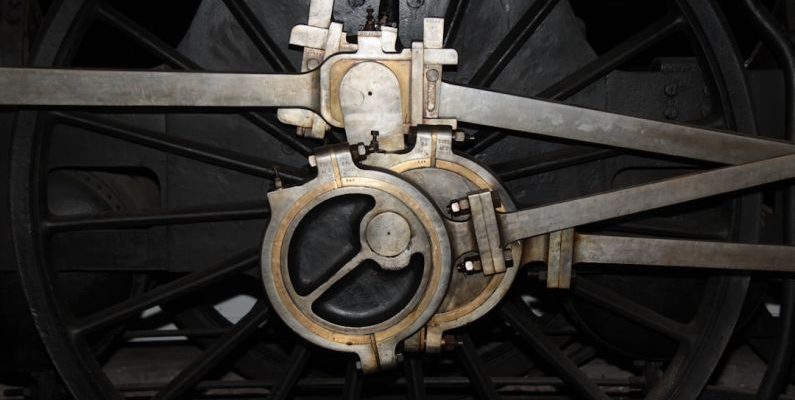Bearings are an essential component in various machines and mechanical systems, playing a crucial role in ensuring smooth and efficient operations. These small but mighty components are often overlooked, but they are vital for the functionality and longevity of machines in a wide range of industries.
**The Basics of Bearings**
Bearings are mechanical components that facilitate the movement of rotating or linear parts within a machine. They reduce friction between moving parts, allowing them to move smoothly and with minimal resistance. Bearings come in different shapes and sizes, depending on the specific requirements of the machine they are intended for. Common types of bearings include ball bearings, roller bearings, and plain bearings.
**Reducing Friction and Wear**
One of the primary functions of bearings is to reduce friction between moving parts. By providing a smooth surface for components to glide over, bearings help minimize wear and tear on the machine. This friction reduction not only improves the efficiency of the machine but also extends its lifespan by preventing premature damage.
**Supporting Heavy Loads**
Bearings are also responsible for supporting heavy loads within a machine. They help distribute the weight evenly across the moving parts, preventing excessive strain on any one component. This load-bearing capability is crucial in machines that operate under high stress or carry substantial loads, such as industrial equipment or automotive systems.
**Alignment and Precision**
In addition to reducing friction and supporting loads, bearings play a key role in maintaining the alignment and precision of machine components. By guiding the movement of rotating or linear parts, bearings ensure that everything stays in place and operates smoothly. This precision is essential for the accuracy and reliability of machines in various applications.
**Types of Bearings for Different Applications**
Different types of bearings are used in machines based on the specific requirements of the application. For example, ball bearings are commonly used in high-speed applications where low friction is essential, while roller bearings are preferred for heavy-duty applications that require greater load-bearing capacity. Choosing the right type of bearing is crucial for ensuring optimal performance and efficiency in a machine.
**Ensuring Smooth Operations**
Overall, bearings play a critical role in the smooth and efficient operation of machines across various industries. By reducing friction, supporting heavy loads, maintaining alignment, and providing precision, bearings contribute to the overall functionality and performance of mechanical systems. Understanding the importance of bearings in machine operations can help engineers and manufacturers design and maintain machines that are reliable, durable, and cost-effective.

